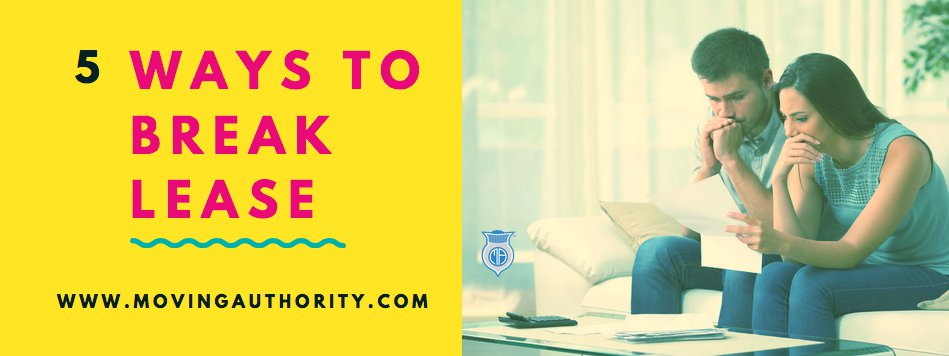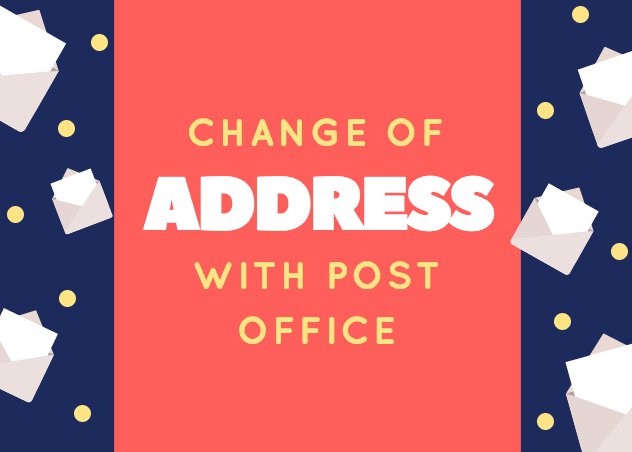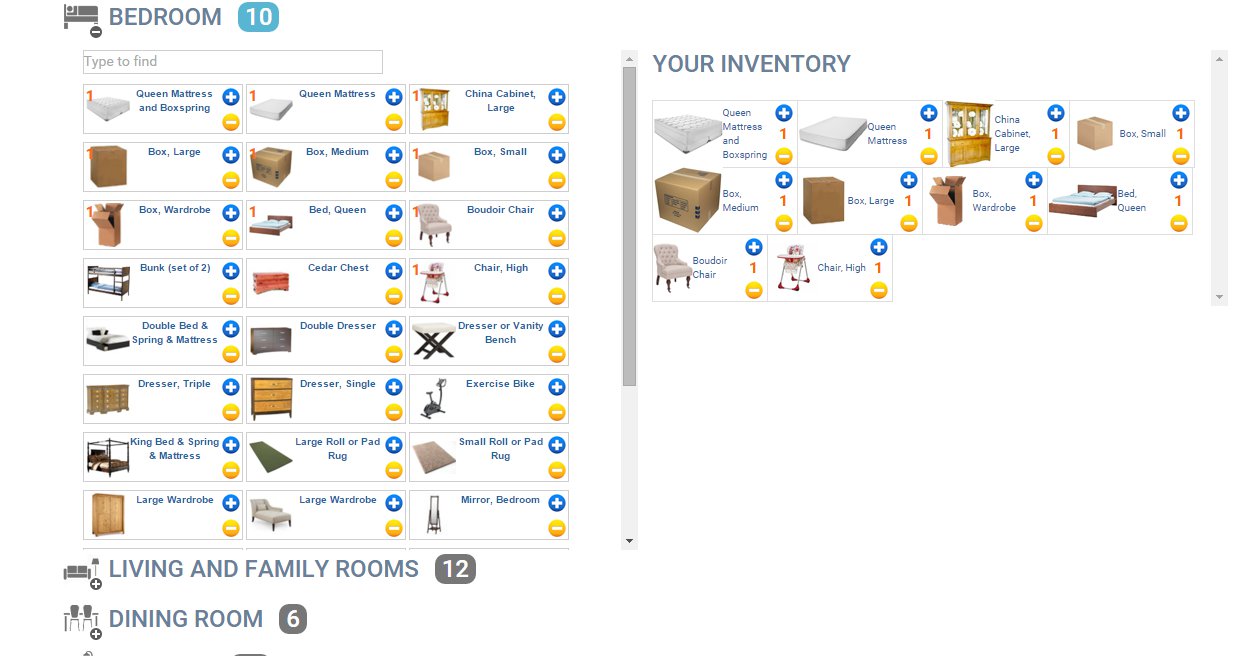Top 5 Ways to Break a Lease
How to Break a Lease
- What Do I Do if I Need to Break My Lease?
- What Happens When I Break My Lease?
- Find Something Wrong
- Look For a Termination Clause
- Sublet
- Lease Termination Agreement
- Prepare for a Legal Battle
1. What Do I Do if I Need to Break My Lease?
There are many different reasons why you may want to get out of your lease at any given point in time. Sometimes, the law will be on your side. For example, if you are going to the military, escaping an abusive relationship, or going to a retirement home. However, there are a lot of other perfectly legitimate reasons to move that are not necessarily laid out by law. Maybe you are pregnant and you need to move to a home with more bedrooms, or you got offered a job in another state. A lot of landlords do not care about why you are moving out of their property. After all, the rent you pay is probably a significant contributor to their monthly income.

2. What Happens When I Break My Lease?
When you lease a home, you are essentially signing a legal contract. This means that your landlord has every right to demand you pay for the remainder of your lease. They can even take you to court for it. If the landlord wins the court case, you will have to shell out much more than the value of the remainder of your lease. You will also have to pay for legal fees. Your credit score can also suffer as a result of you breaking your lease early.
As with all legally-bound contracts, there are penalties to face when you break your lease. Your goal is to break your lease with the least possible consequence. However, you should not be surprised if the landlord does not chase after you for the cost of the remainder of your lease. If you desperately need to break free of your home lease, take a look at these tips from Moving Authority.
3. Find Something Wrong
One way to get out of a lease early, and without facing penalties, is to look for a way in which your landlord has broken the lease. For most situations, this will not be possible. If your landlord has always kept up with the property and fixed things in a timely manner, your lawyer will probably also tell you that there is no way to get out of the lease without facing a penalty. On the other hand, if the landlord made you promises for repairs and never followed through, then you may have a case, provided that you have documentation to support your claims.
4. Look for a Termination Clause
It is highly recommended that you take a thorough look at your lease before terminating it. If you have trouble reading your lease agreement, then you can have a legal office help you. Reading the lease may reveal an early termination clause that may require you to just leave a two-month notice before moving out early. Or, it may give a price you have to pay for early termination that is much lower than you were anticipating.
5. Sublet
Subletting is rarely a viable option to get out of your leased home or apartment. Many landlords do not allow it. If it is forbidden in your lease, don’t try to sublet. If you are allowed to sublet, then make sure you find a completely trustworthy tenant who can pay you on time. Sometimes, a landlord may allow a subletting tenant sign their own lease agreement. Make sure that you are getting their rent in time so you can give it to the landlord. It may be smart to ask for their payment in the middle of the month so you don’t have to worry about them not paying. Also, keep in mind that you are still legally responsible for the property when you sublet it. This is just another reason to find a responsible roommate.
6. Lease Termination Agreement
While they may not be completely happy with your untimely move, your landlord may agree to form a lease-termination agreement, which lays out all of the fees and results of your leaving, such as finding a new tenant. Lease termination agreements follow the rights of both the tenant and landlord.
7. Prepare for a Legal Battle
The results of you breaking your lease will vary depending on who your landlord is as a person. If they are the type of person that does not make any compromises, or that likes to do things by the book, then your only option besides staying in the residence is to go to court. If you want to avoid this, then you will just have to pay any fees that apply to early lease termination. You should definitely seek the help of a legal advisor, who can assist you in lessening what you have to pay based on the specifics of your lease.


Add Comment